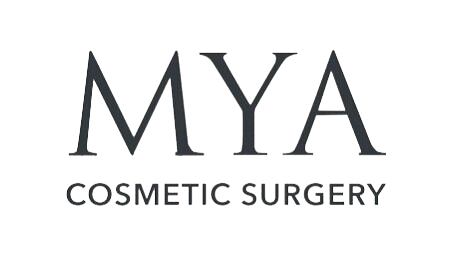PPC Agency
“Paramount Digital manages our SEO, PPC and more recently targeted remarketing. We have seen a drastic improvement in Google Shopping sales in such a short space of time.” – OD’s Designer Clothing
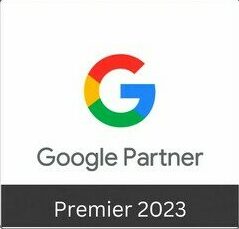
Platforms we utilise
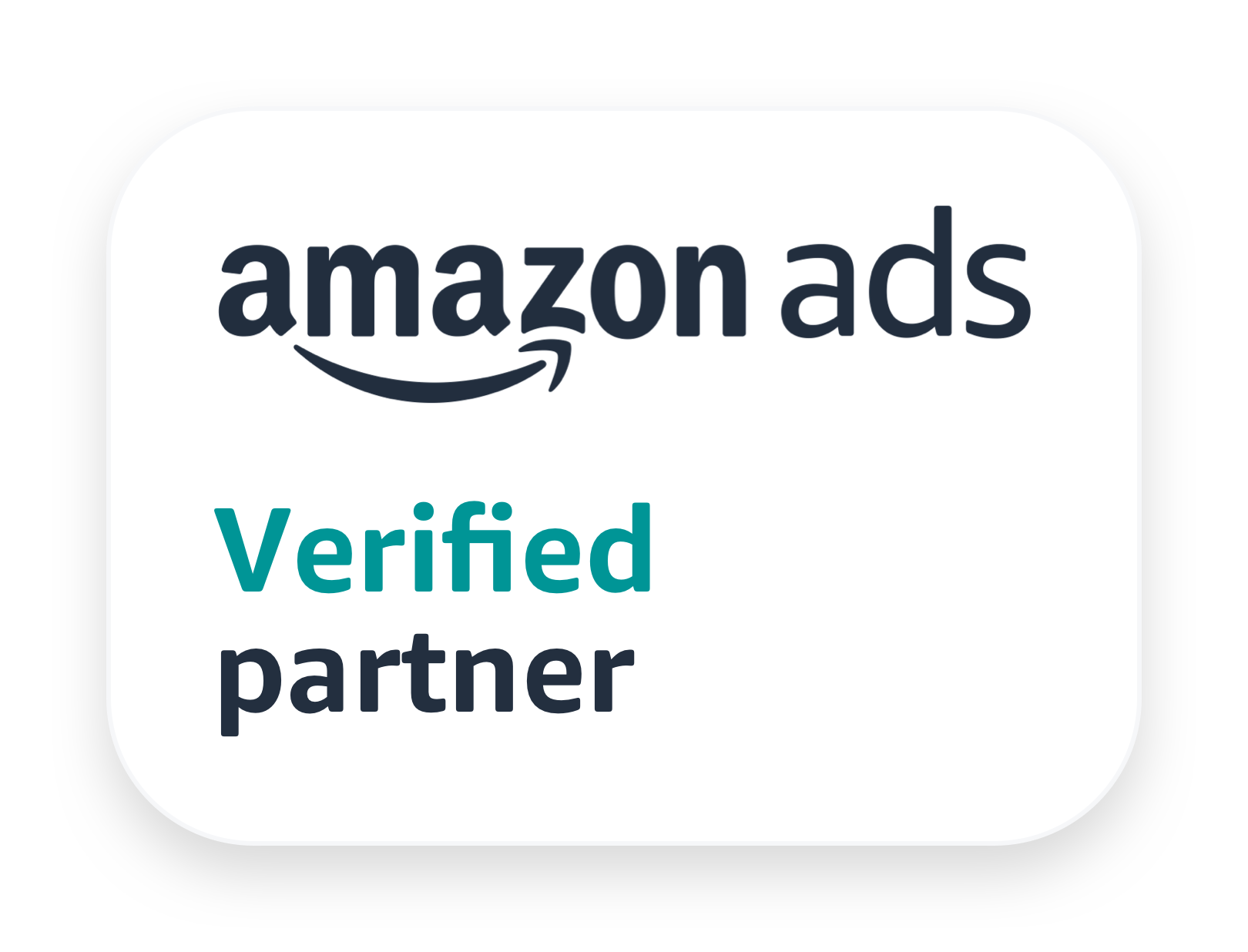

PPC is more than just a way to grab attention

Here at Paramount Digital, our PPC advertising experts have decades of combined experience and all the necessary tools and knowledge to help your business reach new heights.
Offering a range of paid advertising services – from Google search and display ads to Microsoft ads and PPC landing pages – we’ve got every aspect of your social media marketing covered.
To find out more about our PPC services, or for a no-obligation quote, contact our friendly team today!
When inspiration strikes, waiting to get things out to your customers can be frustrating and disheartening, especially if you’re in a competitive industry.
People often think PPC is a complicated process, but with the right team and forecasting tools – which Paramount Digital has as – you can get valuable results quickly.
We achieve this by:
Working with you on the core variables – by looking at the essentials, like cost-per-click, conversion rates, and search volume, we’ll get your brand in front of the right people faster – no matter your budget.
Turning visitors into customers – our PPC specialists work hand-in-hand with our in-house content marketers to establish an effective content strategy that ensures customers come for the ad, but stay for the experience.
Investing in research and strategy – we never wing it and every penny of your budget is thoughtfully invested in well-researched key terms and accurately targeted ads that reach your target audience. You also only pay for agreed keywords that generate clicks.
Changing strategies quickly – if something’s not quite working, we can change it and try something innovative so you don’t waste your investment.
Our experienced pay-per-click team works with you on the core variables (cost-per-click, conversion rate, and search volume) to get your brand in front of the right people faster, whatever your budget might be. For us, PPC is more than just a way to grab attention – it’s also a great way to turn visitors into customers. Our PPC specialists work closely with our group of content marketers to establish an effective content strategy, ensuring customers come for the ad but stay for the experience.
Winging it is never an option, which is why we make sure that your budget is invested into the most well-researched key terms, regardless of the industry you’re in. Though our strategy is thorough, ensuring the ads that we run are accurately tailored to your target audience, you only pay for the agreed keywords that generate clicks.
So, if something’s not quite working, we can change it and try something new without wasting your money.
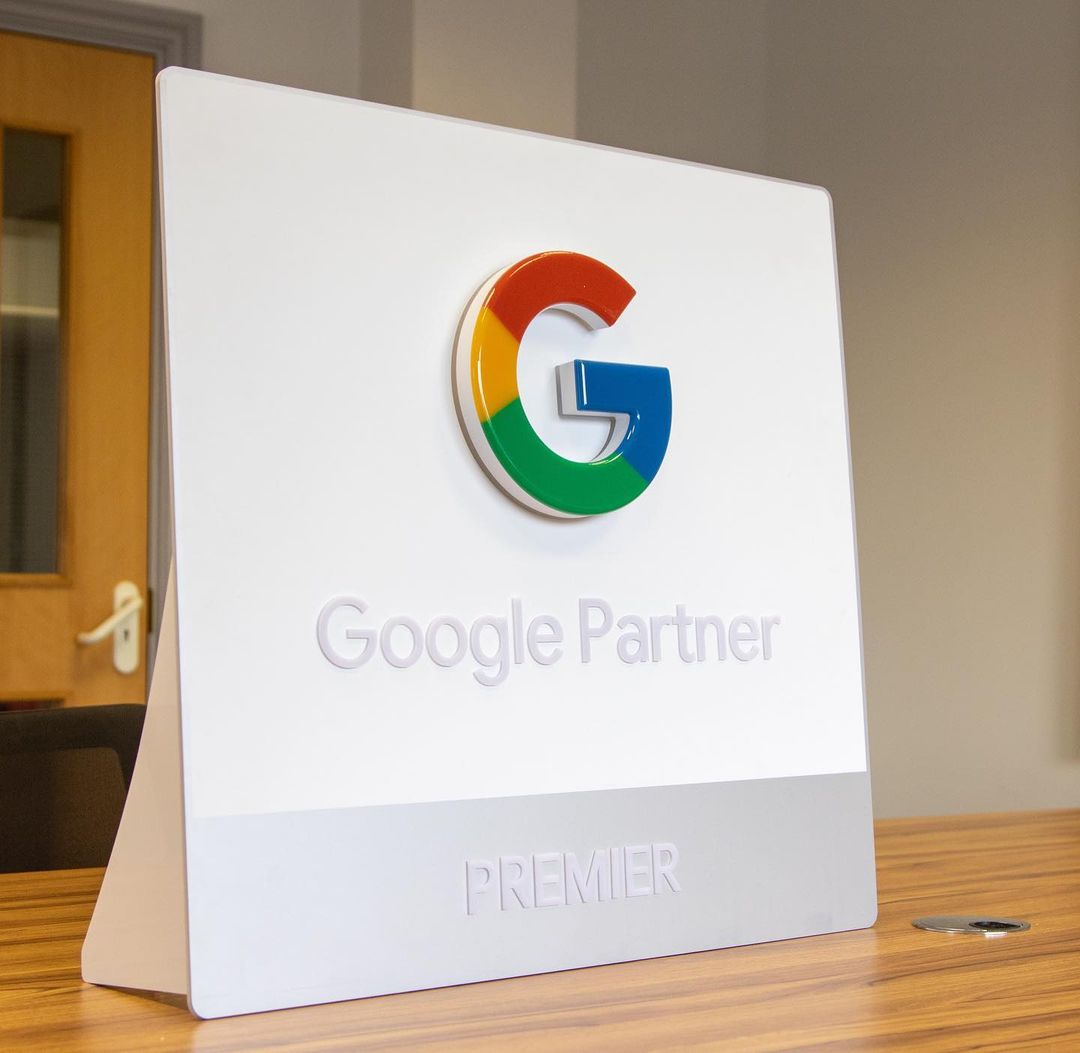
PPC services at Paramount Digital
Understanding what makes your customers tick is part of our strategy here at Paramount Digital, which is why our PPC services place data at the centre
Everything starts with a detailed audit of any existing PPC campaigns you may be running and how well they’re working.
From here, we will then come up with a buyer persona of your ideal customer., We generate this using information from any existing successful campaigns combined with industry research to establish the typical behaviours of your customers.
We can then work with you to create the perfect campaign strategy to attract new and existing customers through targeted key-term placement, taking search volume and bid price into consideration.
To ensure that you always receive the highest return on your investment, we have developed our own PPC calculator, which calculates your expected cost per lead/sale before you commit to a Google spend – further saving you valuable time and money.
Our paid search team members are experts in what they do, with a wealth of knowledge, experience, qualifications, and a shared drive to help your businesses succeed.
If you’d like to find out more about our ppc advertising service, and how our dedicated team can help you gain that competitive edge, get in touch with us today!
What clients say about our PPC agency
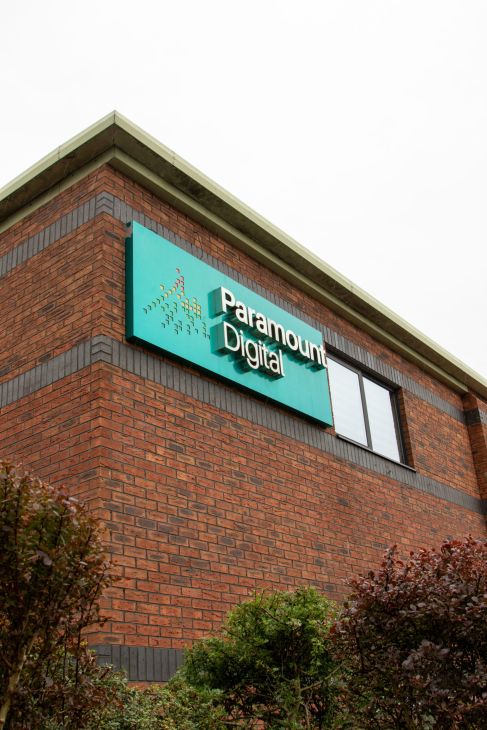
What are the benefits of working with PPC ads company?
There are many ways your business can benefit from working with a PPC advertising agency, including:
Fast results
PPC guarantees virtually instant visibility. With the right products and a good offer, you’re on track to get conversions quickly.
Targeted ads
No business is the same, which is why we create unique ads that highlight the unique selling points of your company, helping you to stand out from the crowd.
Cost effective advertising
You don’t need to break the bank to notice the benefits. Our team has experience managing budgets from £10 to £10,000+ per day – just set us a budget and we’ll do the rest.
Benefits of choosing us as your next PPC Agency

With no fixed contracts, we set honest targets based on simple formulas that meet the unique needs of your business.
Our experience doesn’t just include local businesses, and not only have we worked with a range of companies throughout the United Kingdom, but many international companies, too – helping them achieve a range of goals.
You’ll never be left in the dark when it comes to completed work and the progress of your ad campaigns, which is shown through our transparent monthly reports.
At Paramount Digital, we pride ourselves on the stay-in-lane experience. Our dedicated team works with PPC platforms day in and day out, using specialist forecasting tools to set straightforward expectations.
So, whenever you need help managing your ad campaigns, Paramount Digital is the PPC advertising agency to call!
What does an effective PPC strategy look like?
An effective PPC strategy is well-planned out and proactively reactive. Having a team that will regularly monitor and make changes to your campaign based on the shifting digital landscape is key in such a fast-paced industry.
Having links with various software helps us track each lead to the penny. From click to lead and lead to a sale, we can report true ROI, even in non-e-commerce sectors.
Productive strategies include constant A/B testing and experiments to ensure we are always on the lookout for scalable results. Making small improvements leads to larger gains in the long run, so A/B tests are a vital strategic asset for longevity. These tests could include:
· Different landing pages
· Bidding strategies
· Keywords
· On-page content
· Ad copy
· Different campaign types
· CTA variations
…and many more
Contact the experts today
Interested in creating PPC ads to boost sales and leads for your business?
Paramount Digital are among the top PPC agencies in the UK and would be more than happy to help develop a successful digital marketing strategy for your business.
Contact our PPC specialists today to find out more about paid advertising campaigns and for a FREE PPC audit of your current paid media strategy.
Call us on 01744 747474 or send your questions to marketing@paramountdigital.co.uk and we’ll get back to you as quickly as possible with more information.
Frequently asked questions
What is a PPC marketing service and how does it work?
PPC (Pay Per Click) advertising involves advertisers paying a fee each time their ad is clicked in order to drive traffic to the website.
Which platforms offer PPC advertising opportunities?
Google, Microsoft (Yahoo, Bing, AOL), and social media platforms – such as Instagram, Facebook, LinkedIn, and TikTok – offer the best PPC advertising opportunities.
How does bidding work in PPC campaigns?
With Pay Per Click, there is an auction-based system that works in conjunction with a metric called Ad Rank to determine a prime position on the search engine.
Whilst your bid in the auction plays a key part in positioning, ad rank takes other key metrics into account, such as user experience, ad relevancy, and the use of different Google Ad Extensions.
Extensions are additional snippets that can be added to your advertisement to bulk out the ad with different features and make it more desirable to click. Ad extension examples include a Call Extension, which adds the ability to call straight from the advertisement, and Site Links, which allow for hyperlinks to appear under your ad and send traffic to different key pages.
These are just two of several possible extensions.
Which factors influence the cost of PPC advertising?
The main influence of the cost of PPC advertising is other advertisers.
Due to the auction-like nature, the Cost Per Click for all terms rises as new advertisers join, meaning the best time to start is now!
The more popular a keyword, the higher the cost. If you’re in a competitive industry, it may mean a proactive approach to keyword targeting is required, but that doesn’t mean it can’t work!
Contact us today to learn more about what PPC advertising can do for your business or for a FREE keyword research document to forecast the potential costs involved.
How can I target specific keywords or audience segments in my PPC campaigns?
PPC agencies use a number of ways to target keywords, one of which is Google Keyword Planner, or other premium keyword research tools that we have at our disposal like Mangools, AHRefs, and SEM Rush.
These programmes allow you to gauge keyword interest and proactively plan a campaign structure to ensure all the available opportunities are explored.
We also do lots of competitor analysis through transparency tools like Google Ads Transparency Centre, making sure you stand out from the crowd and become an industry leader in your sector.
This tool also allows us to monitor competitor activity regularly so we can react accordingly to movement in your sector.
What are the different ad formats available in PPC advertising?
- Search Ads – Appear on search engines showing results for a specific enquiry.
- Display Ads – Images, banners, text, video, or audio advertisements on other sites in placements owned by Google.
- Shopping listings – The shopping bar in a search engine displaying your product.
- Video Ads – Appear before and during YouTube videos.
Ad format isn’t a one-size-fits-all approach, as different businesses will benefit from different formats. For example, if you don’t sell your product online, it’s not possible to invest in shopping listings, as these are used to encourage an online sale.
Display ads and video ads are used for higher funnel exposure purposes to promote your business rather than direct conversions. Working with a team that will structure a bespoke strategy for you is crucial to finding success.
How does a website’s design affect PPC performance?
If your website is poorly designed and difficult to use, a potential customer is more likely to lose interest, which will reduce the likelihood of generating leads.
A poor user journey could lead to them getting lost in the website’s maze of navigation options, leading them away from the targeted landing page. Before any PPC campaigns are conducted, we recommend having your website’s design reviewed to establish its viability for sending paid traffic.
If you feel your website needs some work, our web development team would be happy to take a look and recommend any changes so that you can get the absolute most from your PPC campaign.
This will be a huge time and money saver and also ensures there are no wasted campaigns. Our team is experienced in CRO (Conversion Rate Optimisation) and is always on hand to make the relevant amends before launching. This may even include a bespoke PPC landing page to maximise your chances of conversion.
Is my current PPC agency doing a good job?
If you’re currently with a PPC agency but aren’t yet reaping the benefits, it could be time for a change.
You should be concerned if:
- There is little to no communication between you and the agency
- Necessary software like Google Analytics and Google Tag Manager has not been set up
- The agency isn’t tracking or monitoring performance effectively
- You don’t notice an increase in business opportunities and/or leads
- You receive reports, but they don’t identify the actions being taken to iteratively improve the account
If you’d like a FREE audit on your current PPC advertising, or would simply like to find out more, contact Paramount Digital today.
Our PPC team
Take a look at our PPC experts that are on hand to fulfil your needs
Discover industry insight and trends
As a company, we keep up to date with modern trends so you don’t need to. If there are new features available, we will be the first to know about them.
News & blogs
We’re an agency that can help you!
1. Let’s talk
Book a 30 minute consultation call with one of our team so we can understand your goals for digital marketing and what services you need within your budget.
2. Let’s get strategic
Once we know where you want to get to, we’ll put a plan in place to get you there. You’ll get a clear outline explaining all the costs and what results you can expect.
3. Let’s start growing your business
Once we’re all pointing in the right direction our expert team will get to work delivering what we’ve promised and getting you the best ROI possible.






